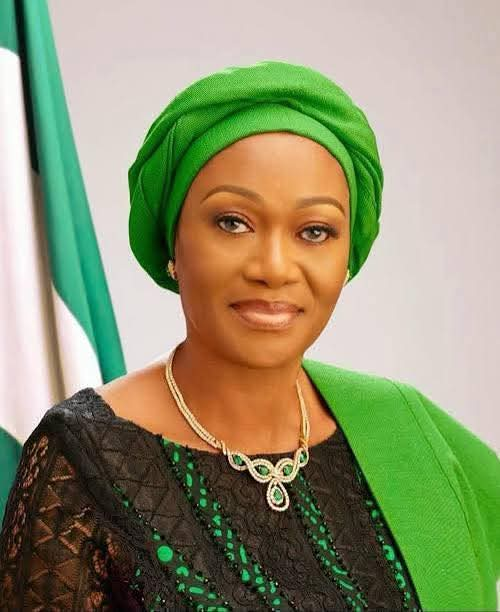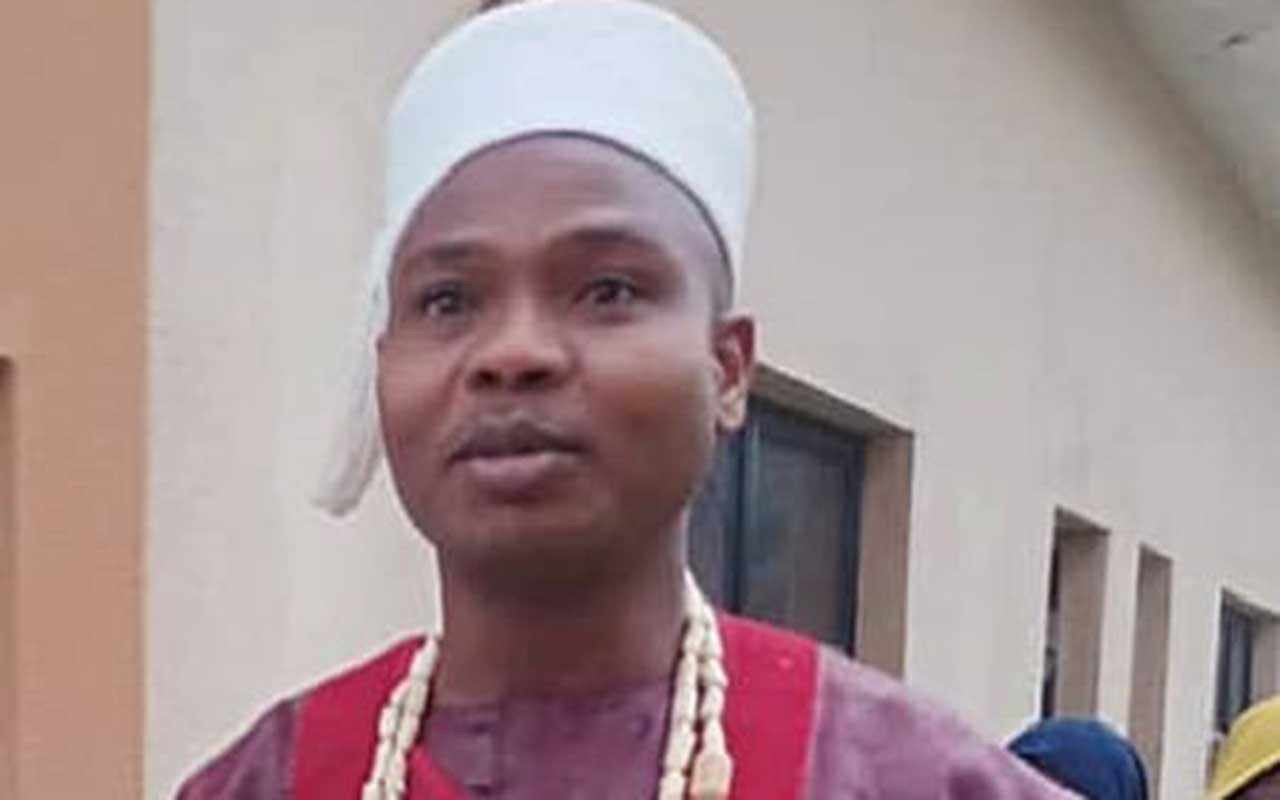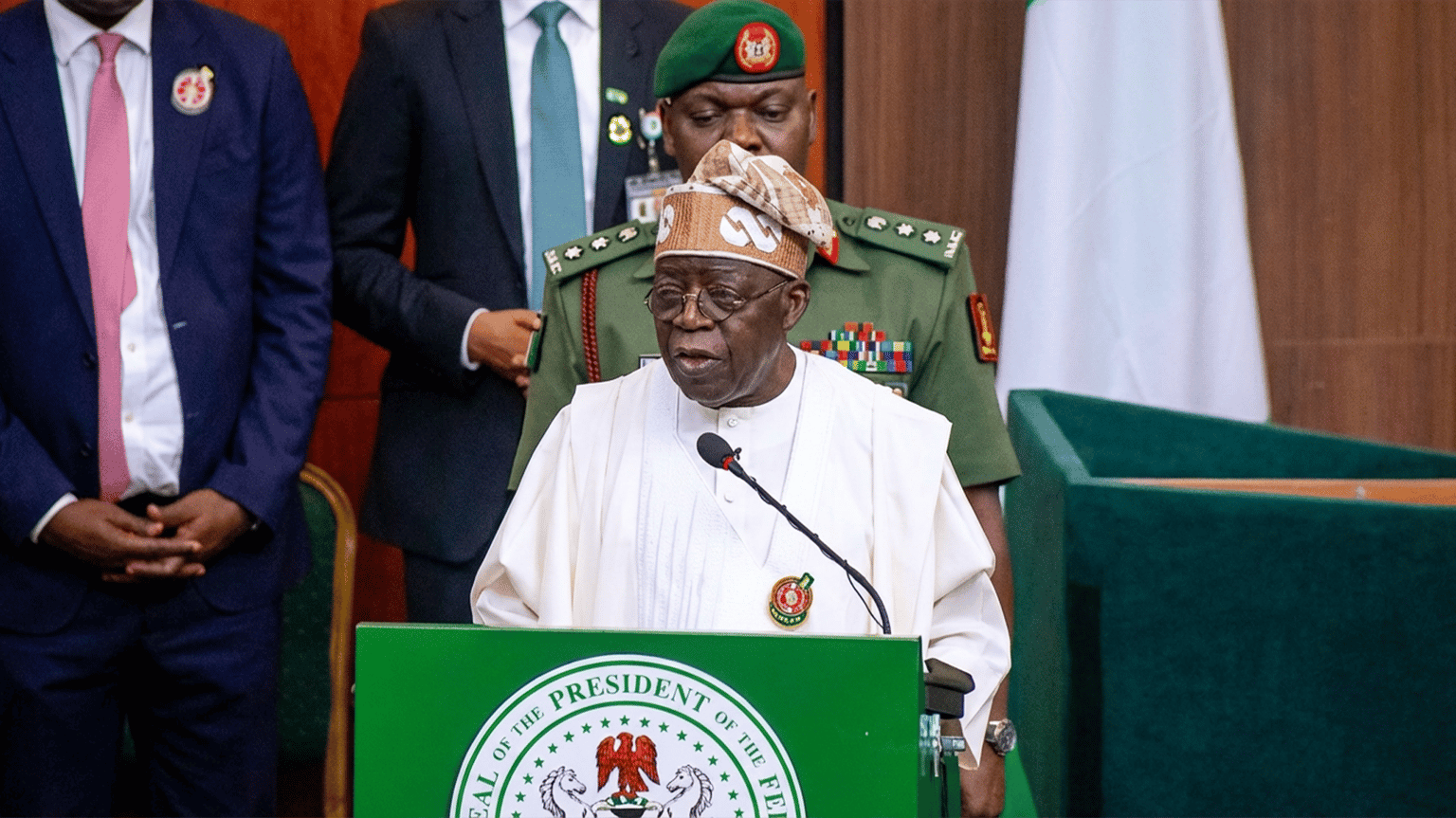
Tinubu urges ECOWAS to declare theft of mineral resources an int’l crime
President Bola Ahmed Tinubu has called on the Economic Community of West African States (ECOWAS) to designate the theft of mineral resources from the region as an international crime.
He also urged global leaders to reject and prohibit trade in stolen minerals originating from West Africa.
Tinubu made the call on Tuesday at the 2025 Annual General Assembly (AGA) of the Network of Anti-Corruption Institutions in West Africa (NACIWA), held in Abuja.
Represented by the Secretary to the Government of the Federation (SGF), George Akume, the President said that asset recovery remains central to the region’s anti-corruption efforts.
He lamented that post-independence economic and political progress in West Africa has been undermined by corruption, particularly the theft and illicit transfer of public resources abroad by corrupt officials.
“Even now, illicit outflows remain an odious miasma. Stealing of mineral resources is on the rise in the region, fuelling the proliferation of small arms, light weapons, and other violent crimes such as kidnapping and banditry,” Tinubu said. “These have worsened our security challenges and undermined the region’s development outlook.”
The President stressed that the time had come for ECOWAS to criminalize illegal mining and mineral theft as international offenses that threaten regional stability.
“I believe the time has come for ECOWAS to designate resource theft as an international crime that endangers peace and security in West Africa and to galvanize global action against trade in stolen minerals from the region,” he added.
Tinubu emphasized that no single country can successfully combat illicit financial flows alone, calling for stronger collaboration through regional platforms such as NACIWA.
He also reaffirmed his administration’s commitment to ensuring that recovered assets are deployed to promote growth, reduce poverty, and enhance social inclusion.
“We have channelled part of the recovered proceeds of crime as revolving funds for poverty alleviation and social inclusion,” he said.
“Two legacy programmes of my administration—the Students Loan Scheme and the Consumer Credit Scheme—commenced operations with the injection of ₦100 billion recovered by the EFCC.”
The President explained that the Students Loan Scheme has enabled underprivileged students to access tertiary education, while the Credit Scheme allows working Nigerians to acquire essential assets and pay over time.
Tinubu commended NACIWA for strengthening anti-corruption institutions across the region, noting that tackling corruption and insecurity will significantly improve living standards in West Africa.
“This moment offers yet another opportunity to consolidate the progress already made,” he said. “I urge you to critically examine regional anti-money laundering frameworks, intelligence sharing mechanisms, and accountability in the extractive sector for a more prosperous and secure future.”
He also called for a paradigm shift from rhetoric to action, stressing that by the end of the 2025 AGA, ECOWAS should develop a new framework to promote inclusivity, growth, and good governance.
In his special remarks, the Attorney-General of the Federation (AGF) and Minister of Justice, Lateef Fagbemi (SAN), described the AGA’s theme — “A United ECOWAS Against Corruption” — as timely and reflective of Africa’s quest for integrity and development.
Fagbemi noted that corruption transcends national borders, saying, “Corruption flows like water, always finding the weakest cracks. Individually, our nations can chase corruption, but collectively, we can corner it, choke it, and recover what has been lost.”
He, however, identified major challenges in the region’s anti-corruption drive, including uneven asset recovery laws, weak cooperation on mutual legal assistance, inadequate judicial collaboration, limited funding, lack of independence for anti-corruption bodies, and political interference in sensitive cases.
Fagbemi urged ECOWAS member states to ratify, implement, and enforce existing regional anti-corruption and asset recovery protocols without delay.
In his welcome address, NACIWA President and Chairman of the Economic and Financial Crimes Commission (EFCC), Ola Olukoyede, said the AGA provides an opportunity to assess progress, learn from past experiences, and strengthen collaboration.
He noted that since assuming leadership in 2022, the current Executive Committee has worked to reposition NACIWA as a credible platform for regional cooperation in anti-corruption efforts.
“We have operationalized our permanent secretariat, graciously provided by the Government of Nigeria, ending 13 years of impermanence,” Olukoyede said.
“We relocated the Network’s account to Nigeria, standardized annual membership dues, and instituted proper control and reporting mechanisms.”
As ECOWAS marks its 50th anniversary, Olukoyede urged regional leaders to renew their commitment to building a West Africa united by integrity, trust, and justice.
“Let this Assembly reaffirm our pledge to transcend boundaries, share intelligence responsibly, and act in solidarity for the advancement of our region,” he stated.
Tags:
No tags
Related Posts
Loading...



